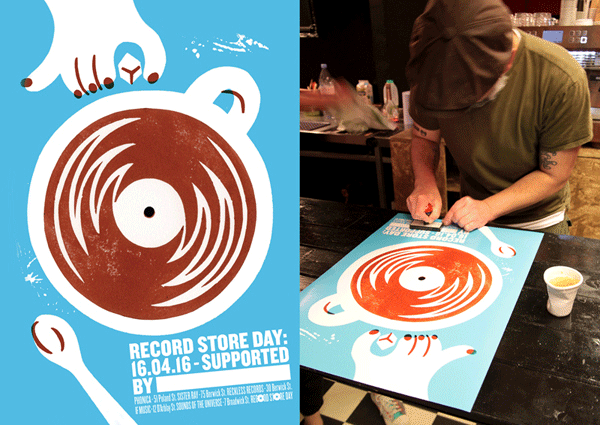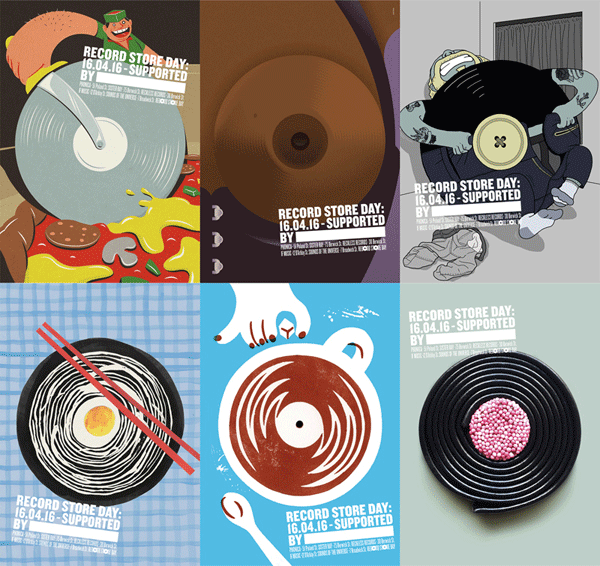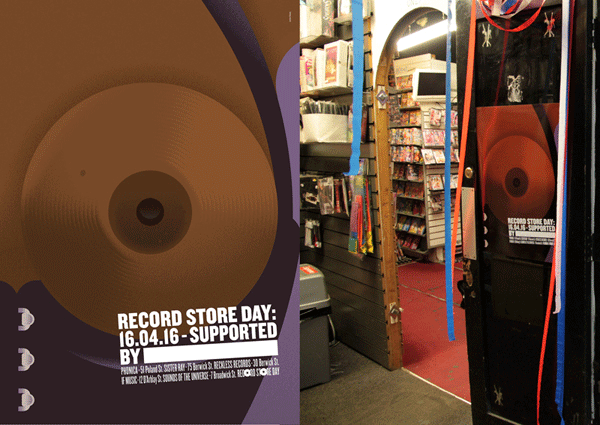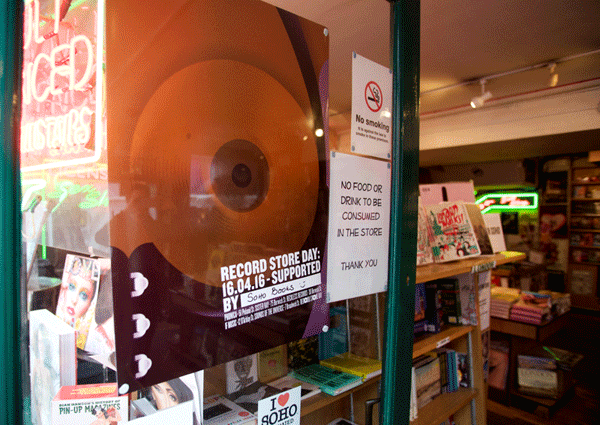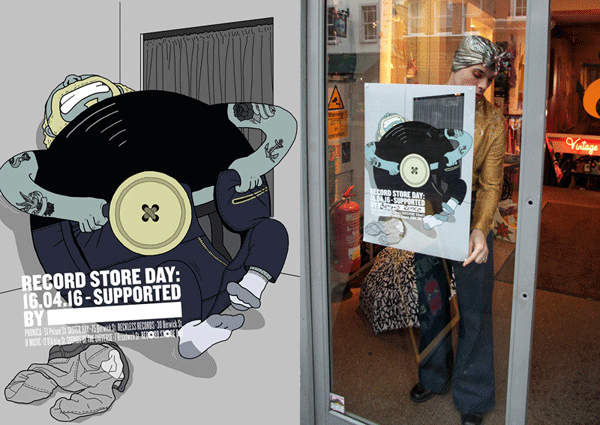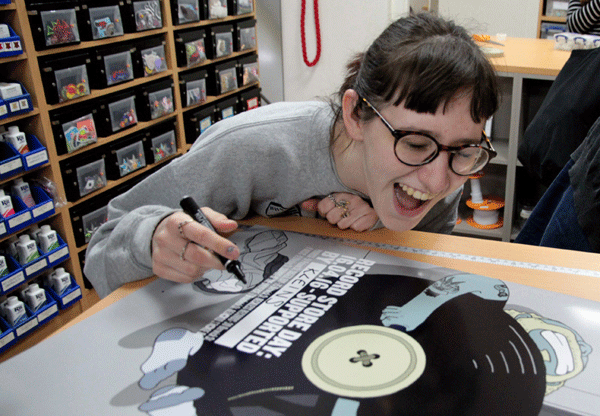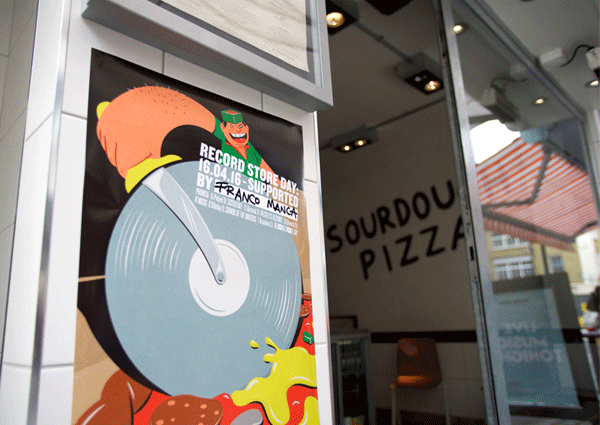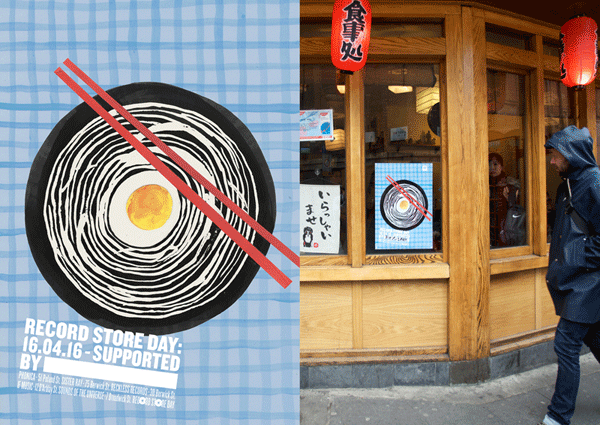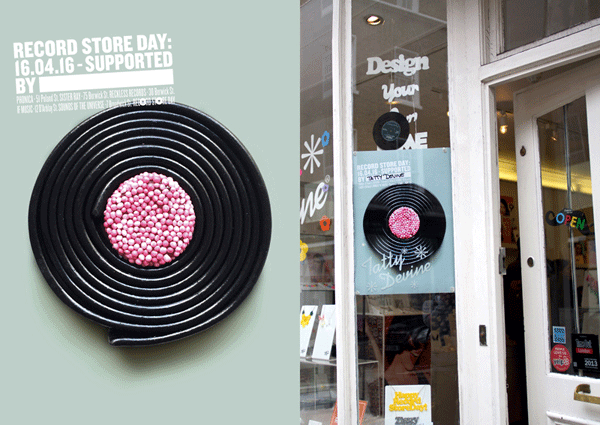Adcan 3: This time it’s personal
Hi there,
You might recall that I have posted about Adcan before. For those who can’t recall such a thing, or are new to the blog (hi!), Adcan is a not-for-profit award scheme started by my friend Brydon Gerus and now run by several of our friends.
As the ‘about’ section of the website says:
ADCAN is a #makegood movement that mobilises the film and advertising industries to make a real difference in the world. Our free-to-enter film competition offers up-and-coming talent good opportunities to do good work for good causes.
Filmmakers answer live charity briefs and are rewarded with industry contacts and workshops. Charities get free promotional films to help spread their messages and our partnering production companies get to see up-and-coming talent.
It’s this circle of benefit that makes ADCAN so unique.
So if you’re a creative or director who wants to make a name for yourself, go and visit the site, find yourself a brief and do some good things (that might get you a fantastic break in the industry).
And here’s a film explaining the ethos:
